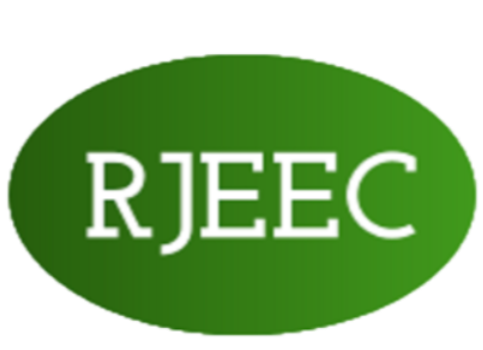
Soil management in the urban environment: today and future
Authors: BOGDAN STANESCU, ADRIANA CUCIUREANU
Keywords: assessment, urban soil, pollution, management
https://doi.org/10.21698/rjeec.2019.107The present article presents the expertise realized by the Department of Environmental Monitoring Pollution Evaluation within the INCD ECOIND, in the evaluation of the quality of urban soils in the municipality of Bucharest and the main big cities in Romania. The current data available at the level of the 27 member states of the European Union show that annually over 100,000 hectares of land are introduced into the urban environment, a direct consequence of the development of cities. There are a number of legislative obstacles to strategic soil protection measures. Moreover, at the level of the local authorities there is a conflict regarding the measures of soil protection in the long term, on the one hand, and, the accelerated economic development in the short term, on the other. European environmental experts consider that the urban development, absolutely necessary for the economic growth, requires an adequate management of the natural resources in order for the development to be done on a sustainable basis, respectively to follow a series of strategic objectives. In our country, at least in the last decade, we find on a large scale the conversion of industrial areas into commercial or residential areas. The footprint of industrial activities can be found even after long periods of time present by identifying the remnant of soil pollution or in those areas known as historically polluted (for example the town of Copsa Mica). The conclusions stemming from the assessment of pollution in urban areas over large areas, in correlation with the potential sources of pollution, underline the need to monitor the quality of soils in the urban environment, but also to apply a performance management in order to protect this natural resource in the long term.



